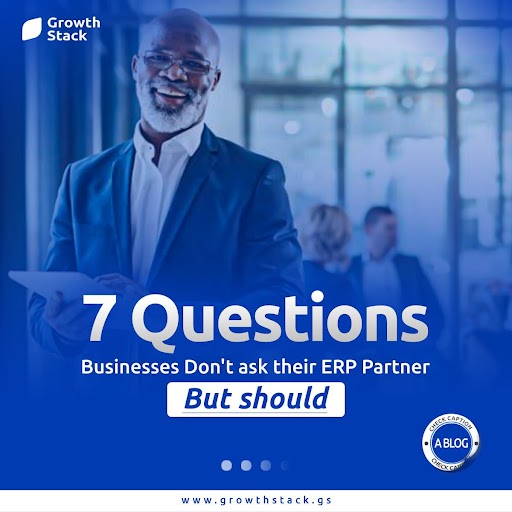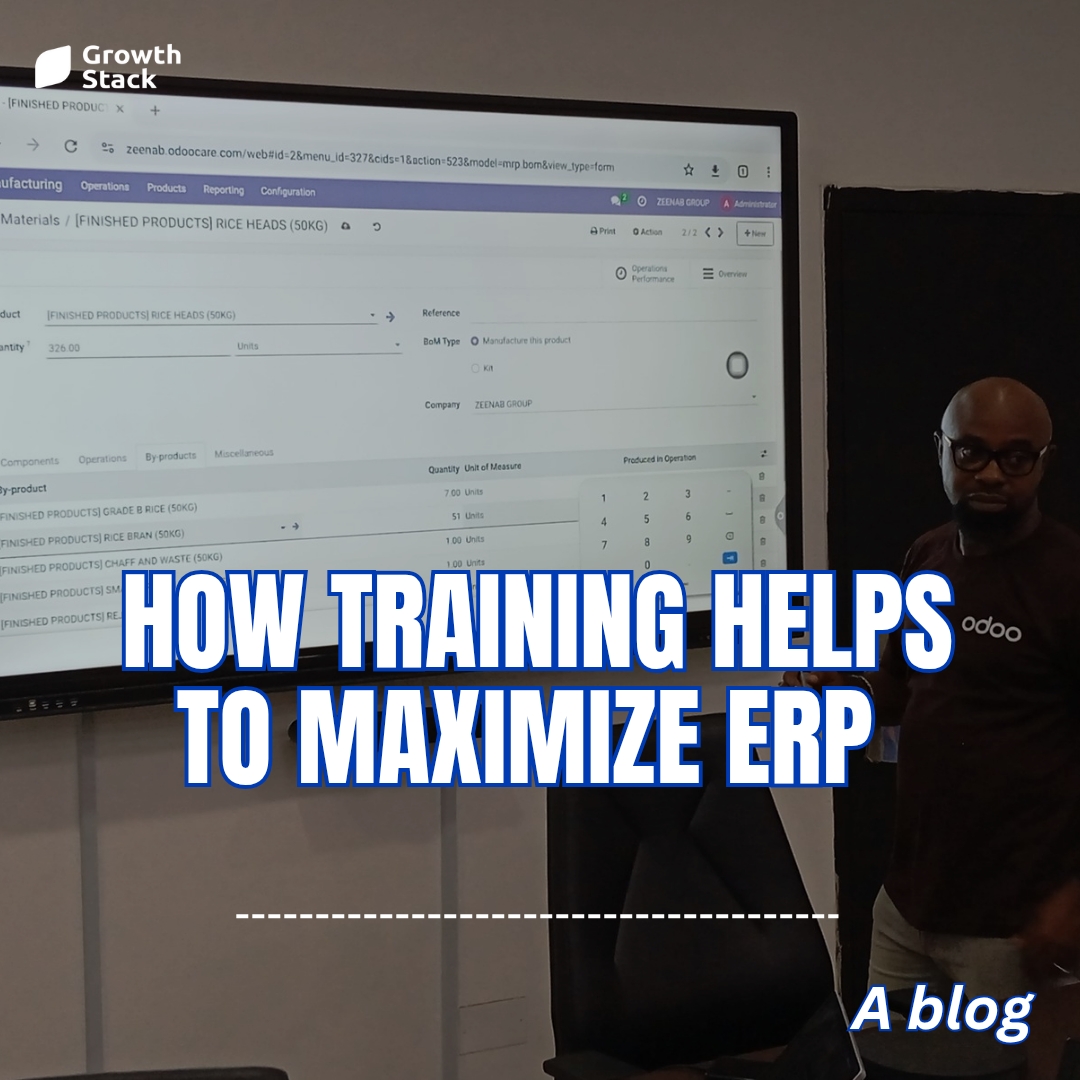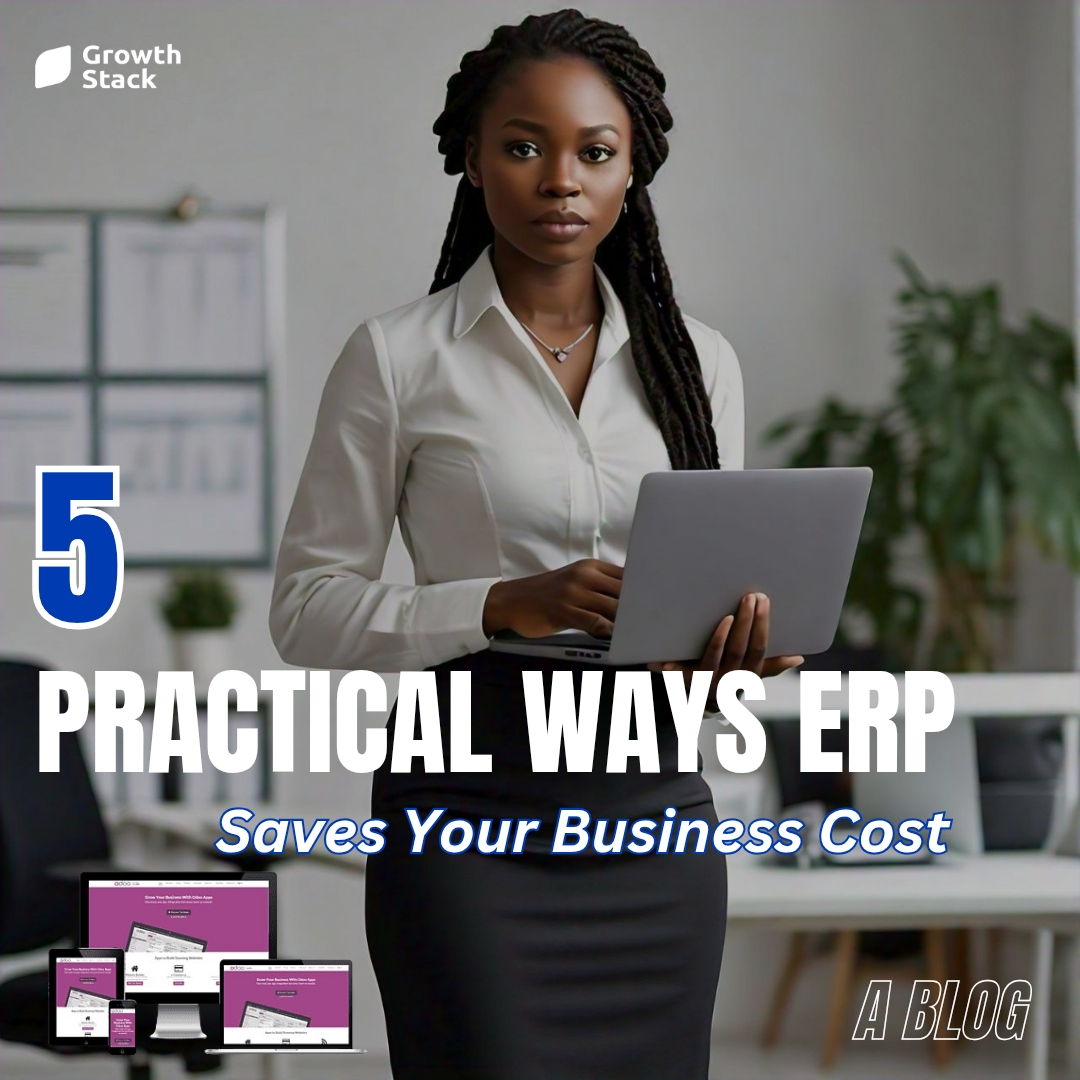Your choice of implementation partner can make a world of difference. When you have the right partner, your project is well managed to deliver a system that fuels your business growth. The wrong partner will stumble through the implementation, disrupting your business and costing you money.
So how do you make the right choice?
Ask tougher questions. Every partner is ready with prepared answers to the common questions about costs, experience and implementation methodology. But deeper questions that force partners to think will uncover far more about their business practices and commitment to client success. A great technology partner will welcome the tough questions, eager to share what makes them unique. They will engage the services team to help provide you with complete, honest responses. Your business management systems are the foundation for your future. Go ahead and ask the right questions.
To make your ERP implementation effective, here are top 5 questions to ask your ERP vendor:
1. What makes your implementation process successful
Even though business management systems have become more intuitive and user-friendly over the years, implementations are still tricky. Fundamentally, you need a partner who will understand your business requirements and apply the software functionality to improve processes and profits. Ideally, you want to choose a partner who can demonstrate they have successfully completed implementations many times over. Ask them to show you proof!
Define the process: Your partner should be able to clearly describe, with documentation, the phases, deliverables and expected outcomes of their implementation process. They should address how they approach at least the following:
• Requirements gathering and analysis
• Solution design
• Development and configuration
• Deployment and training
• Post-production support
Discuss potential challenges: Every project hits bumps in the road and your partner should be well versed in how to smooth those out. Whether it’s an undiscovered requirement or an employee resisting change, experienced partners should be upfront about potential pitfalls and how they will be handled when they happen. Check out references: Checking references is a crucial step. The partners you speak to should be happy to supply you with names and contact information for previous customers. Call or email those references with your questions.
2. How can our company contribute to project success?
A mistake some companies make is thinking their ERP implementation partner will come in and do all the work for them. To get the most value from ERP implementation, everyone in the organization should be involved and have a clear understanding of what is going to happen, why it is happening and how they can help.
A well-planned and well-executed ERP implementation will support the long-term goals of your business. The executive team, and managers of every department, should clearly articulate how the project is going to support those goals.
Working with your partner, the executive team can set a tone of cooperation and shared responsibility. Each department should understand how the system will impact and improve their business processes and productivity.
Give employees the time they need to be successful: One of the most common challenges during an ERP implementation comes when employees are asked to do their project-related work in addition to their full-time job. Stressed out, overworked, anxious people are not going to be able to give their best. A clear strategy to ensure employees have the appropriate bandwidth to work on the project— from business process review through training—is critical to project success.
3. What is your approach to change management and training?
Change is hard, and if an ERP implementation is to be effective, there should be plenty of change. Your partner should be well versed in change management with a plan from the outset to help you prepare your team.
People are inherently averse to change, sometimes so much so that they’ll purposefully derail the project. Setting up regular lines of communication should begin before the implementation. Start talking about the change before it happens, so that everyone feels included in the process. Ask for ideas for improving current processes from the people that are doing the work.
Discuss with your partner whether the project can be broken into smaller phases to minimize disruption and allow employees to become familiar with the new system over time. Working with your partner you can determine your priorities and tackle the most important problems first.
A thorough training plan includes guidance before, during and after the ERP implementation. The training plan should include different learning styles to ensure no worker is left behind. On-demand training provides those self-motivated with unlimited training opportunities, but some employees will need more hand-holding.
4. How will we define and measure success?
Before taking on an ERP implementation, your organization should clearly define the desired outcomes. From the outset, your partner should be laser-focused on how the ERP system will help you achieve those objectives. Measure the transformation An ERP implementation should be transformational, enabling your company to achieve strategic objectives more efficiently and effectively. Whether it’s geographic growth, new product lines or increased productivity, the desired outcomes should be well-defined and measurable.
Clearly define success metrics For each of the project objectives, your partner should provide the KPIs (Key Performance Indicators) that will allow you to monitor progress. KPIs should be monitored throughout your ERP implementation, but even more importantly, they should provide ongoing feedback on company progress.
5. How will you assign people to our project?
Project success isn’t determined by the people selling the services but rather by the project delivery team. The team may include the project manager, solution architect, engagement manager and consultants. Ask your potential partner if assignments will be based on expertise related to your business requirements (not just because individuals have open time).
Your partner should be happy to provide brief resumes of your project team members.
Experts with people skills: While expertise is critical to the success of your ERP implementations, personal and team skills are equally important. Each team member should bring expertise and people skills to the project. Business acumen. Consultants should demonstrate a clear understanding of basic business functions, including financial, sales and operational process flows.
6. What makes your firm more qualified than the competitor?
As you evaluate ERP solutions, you’re likely to talk to a number of potential partners. Finding the right partner to work with can be as important as finding the right solution to meet your organization’s unique requirements. Your partner should be ready to tell you why they believe they can bring the most value to your organization.
Certifications: Certifications can provide insight into more than just competence in the software. The level of vendor certification (gold, silver) can indicate how closely the partner is aligned with the software vendor. Higher Level partners often have faster access to support from the vendor’s technical experts. Technical, industry and functional certifications held by the people who will work on your project indicate expertise and a commitment to learning. With the pace of change in technology today, your partner and their employees should be committed to continuous training and professional development.
7. How do you handle customizations?
It will interest you to know that Standard ERP functionality is designed to support the most common business processes. But most organizations have unique processes and requirements that aren’t “standard.”
There are often ISV (Independent Software Vendor) solutions to fill in gaps or provide industry-specific functionality, but sometimes custom code development is required. Your partner should be ready to talk about the potential for customizations and how you will work together to find the best solution.
Industry expertise: As mentioned in previous sections, the industry expertise of your partner can make a huge difference in the success of your implementation project. If your partner has deep experience in your industry, they will be familiar with the strengths and weaknesses of the ERP system for your business. They will be familiar with the ISV solutions that can bridge gaps and they will understand what customizations may be necessary.
Conclusion
Choose a partner ready to answer the tough questions Finding the best partner to help you make the right choices before starting your ERP implementation will save you time, headaches and money. By asking the tough questions, you can uncover the strengths and weaknesses of the potential partners you evaluate.
Next Steps: Technology is always advancing, and your business has grown and evolved since you first implemented your current system. Holding on to an aging system could be holding you back in ways you don’t yet realize — ways that are costing you time, money and opportunity.
To get ahead, you need the reliable, scalable and secure backbone of Enterprise Resource Planning (ERP) solutions from Growth Stack.. It’s time to break through the limits of your existing technology to not just compete – but to win. You need the right partner that understands your industry and the technology that drives it now – and into the future.













